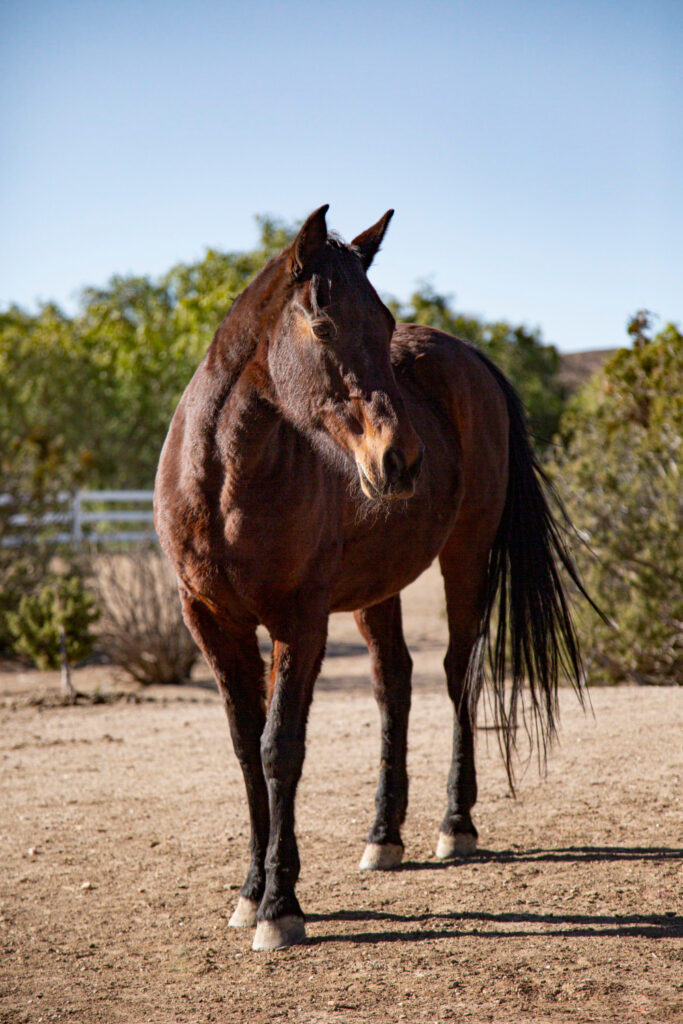he Majestic Horse: A Companion Through History
Horses have captivated humanity for thousands of years, serving as companions, workers, and symbols of freedom and strength. Their relationship with humans spans various cultures and epochs, making them one of the most significant animals in human history.
A Historical Perspective
The domestication of horses began around 4000-3500 BCE on the steppes of Central Asia. Initially, they were valued for their meat and milk, but as their utility became apparent, horses transformed the way humans traveled, traded, and waged war. The invention of the wheel and the chariot, powered by horses, marked significant advancements in transportation and military strategy.
Throughout history, horses have been associated with nobility and power. From the noble steeds of medieval knights to the wild mustangs of the American West, horses symbolize freedom and the spirit of adventure. Cultures worldwide have revered horses, often incorporating them into mythology and art.
Anatomy and Breeds
Horses belong to the Equus genus and are characterized by their long legs, strong bodies, and unique skeletal structure, which allows for incredible speed and endurance. There are over 300 recognized breeds, each with distinct characteristics suited for various purposes.
- Thoroughbreds: Known for their speed and agility, commonly used in racing.
- Clydesdales: Famous for their strength and size, often used for heavy draft work.
- Arabians: Renowned for their endurance and beauty, they have a rich history as riding horses.
Each breed reflects specific traits shaped by selective breeding practices, emphasizing qualities like speed, strength, temperament, and appearance.
The Horse in Modern Society
Today, horses continue to play vital roles in various fields. They are integral to the equestrian world, participating in disciplines such as dressage, show jumping, and rodeo. Therapeutic riding programs utilize horses for physical and emotional rehabilitation, providing benefits for individuals with disabilities and mental health challenges.
In many parts of the world, horses are still used for agricultural work, transport, and ranching, showcasing their enduring value in rural communities. The bond between horses and humans remains strong, as many people find joy and fulfillment in horseback riding and caring for these magnificent creatures.
Cultural Significance
Horses have inspired countless works of art, literature, and folklore. They appear in ancient myths as symbols of power and grace, like Pegasus in Greek mythology or the winged horses of various cultures. In modern literature and film, horses often embody themes of loyalty, freedom, and the deep connection between humans and nature.
Events like horse racing and rodeos not only entertain but also celebrate the partnership between humans and horses. The Kentucky Derby, for example, is a cultural phenomenon that attracts fans from around the world, highlighting the enduring allure of these animals.
Conclusion
The horse is more than just an animal; it is a symbol of companionship, strength, and the intertwined journey of humanity and nature. As we move forward, the relationship between horses and people continues to evolve, rooted in a deep respect for their history and significance in our lives. Whether as athletes, workers, or beloved pets, horses will forever hold a special place in the hearts of many.


